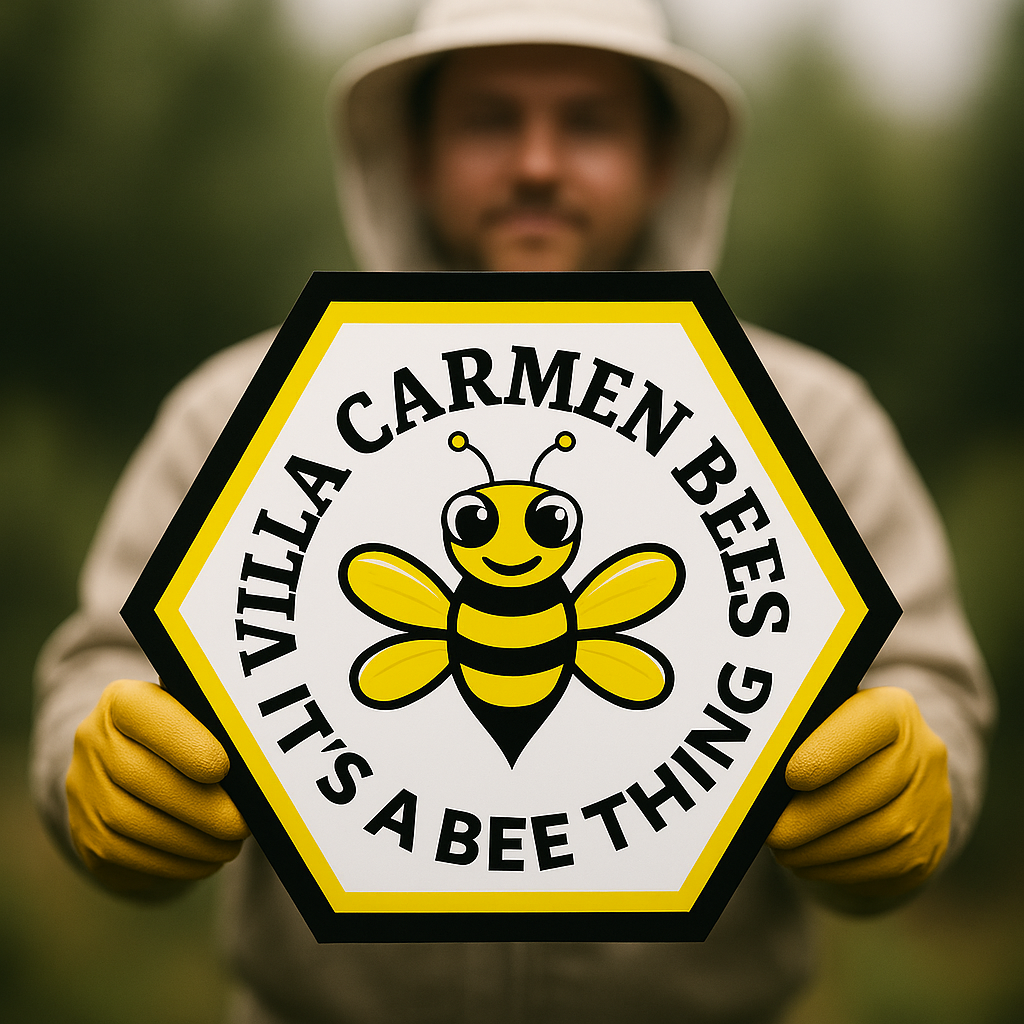Yes, honey is good for you?
Nature’s Nectar or Sugar in Disguise?
We’ve been told it’s better than sugar, praised for centuries as a healing remedy, and even dubbed the “food of the gods.” But when it comes to health, does honey live up to the buzz?
Let’s take a closer look at what makes honey special—and whether it truly earns its place in your kitchen cupboard.
What Is Honey, Anyway?
Made by bees from nectar collected from flowering plants, honey is stored in honeycombs as food for the hive during colder months. But it’s more than just bee fuel—it’s been used in ancient Greek medicine, Ayurvedic practices, and traditional Chinese remedies for millennia.

The Sweet Benefits of Honey
Honey may be sweet, but it’s not just sugar in disguise. Here’s what it brings to the table.
- Nutritional Extras (Even If They’re Tiny)
Raw honey contains trace amounts of amino acids, vitamins, minerals, and antioxidants—especially in darker varieties. While the amounts are small, they’re still more than what you’ll find in white sugar.
- Rich in Plant Compounds (Polyphenols)
These antioxidants—especially flavonoids—may help fight inflammation, bacteria, and even viruses. They’re one of the reasons honey is often seen as a “healthier” sweetener.
- Natural Energy Boost
Glucose and fructose in honey deliver quick, clean energy. It’s no wonder athletes and yogis alike turn to it for a natural lift.
- Lower on the Glycemic Index
With a lower GI score than table sugar, honey causes a slower rise in blood sugar. But remember: it’s still a form of sugar and high in calories.
- Traditional Topical Healer
Used historically on burns and wounds, honey’s antibacterial nature comes from its low moisture and high sugar content, which helps draw water out of damaged tissue—slowing bacterial growth.

- Soothes Coughs in Children (Over 1 Year Old)
One spoon before bed may reduce nighttime coughing in kids, helping them (and you) sleep better. But never give honey to babies under 12 months—it can cause infant botulism.
- Supports Immune Function
Some studies show honey may boost immune cell activity and reduce inflammation—thanks again to its antioxidant profile.
- May Nurture Gut Health
Honey contains natural prebiotics, supporting good bacteria in your gut. Win-win!
What’s in a Spoonful?
📊 Nutrition per 1 tbsp (20g) of honey:
- Calories: 58 kcal
- Carbohydrates: 15.3g (all sugars)
- Protein: 0.1g
- Fat: 0g
Raw vs. Regular: Which Honey Is Best?
Not all honey is created equal.
Commercial honey is pasteurised and filtered to kill microbes and prevent crystallisation. While this makes it shelf-stable and visually appealing, it also reduces its antioxidant content.
Raw honey is untouched—preserving natural enzymes, antioxidants, and beneficial compounds. If you’re after health benefits, go raw.
So, Is Honey Really Better Than Sugar?
Yes—and no.
Honey does offer more nutrients and antioxidants than refined sugar and has a lower GI. It also tastes sweeter, so you might use less. But it still raises blood sugar and is calorie-dense. But it is natural and tastes soooooooo good!
Is Honey Safe for Everyone?
✔ Yes, for most adults.
✘ No, for infants under 1 year (risk of botulism).
✘ Not vegan. Harvesting honey is considered exploitative by most vegans.
⚠ Diabetics: Honey and sugar impact blood glucose similarly.
The Final Drizzle: Honey in Moderation
Honey can absolutely be part of a healthy diet—especially in raw form. But like all sweeteners, it’s best enjoyed in moderation. Drizzle, don’t pour.
And when in doubt? Check with your GP or healthcare provider, especially if you’re managing a health condition.


